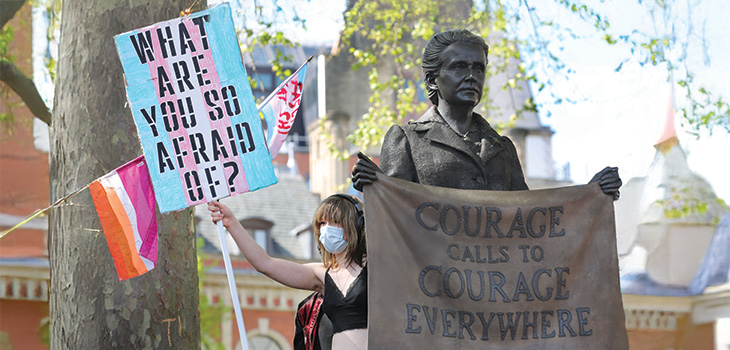
The court held that ‘sex’ in the Equality Act 2010 refers to biological sex, excluding trans women with a Gender Recognition Certificate from the definition of ‘woman’.
Chapman argues this binary interpretation is reductive and outdated, ignoring medical realities like intersex conditions. While the court insists trans people retain protections under other provisions, Chapman warns the ruling may embolden blanket bans in single-sex spaces. She calls for legislative reform to reflect modern understandings of sex and gender, noting that the Equality Act is increasingly unfit for purpose.
The judgment, she concludes, may have far-reaching consequences for trans rights, public services, and legal clarity—raising urgent questions about how equality is defined and defended in law.










